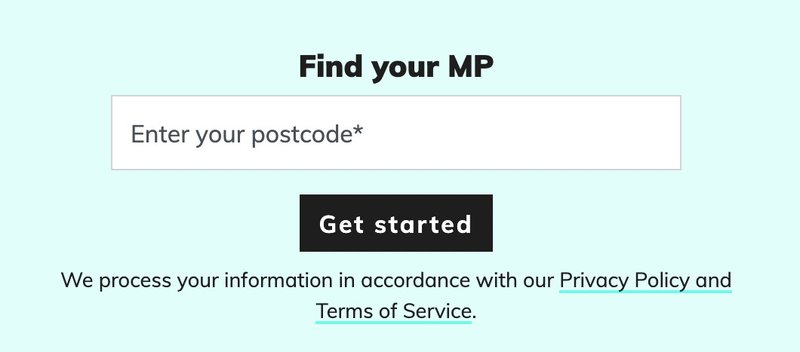A missed opportunity: update on the Online Safety Bill
Two years on from the outbreak of a global pandemic, it should be obvious that false or misleading claims about our health should be tackled by the Online Safety Bill.
Earlier this week the House of Commons’ Public Bill Committee debated an amendment that would have required the Government to bring harmful health misinformation within scope of the legislation.
This was an essential change if the Bill is to meet its stated aim of making the UK the safest place in the world online. Unfortunately, the Government voted against the amendment.
The Government failed to commit to including health misinformation in the list of the types of harmful content that the biggest platforms will have to address in their risk assessments and terms of service.
Join 72,953 people who trust us to check the facts
Sign up to get weekly updates on politics, immigration, health and more.
Subscribe to weekly email newsletters from Full Fact for updates on politics, immigration, health and more. Our fact checks are free to read but not to produce, so you will also get occasional emails about fundraising and other ways you can help. You can unsubscribe at any time. For more information about how we use your data see our Privacy Policy.
Despite being years in the making, with an extensive pre-legislative scrutiny period, the Government still hasn’t produced any sort of list of the so-called ‘legal but harmful’ content that the safety duties in the Bill will apply to. That page is still blank, even while MPs debate the Bill itself.
Although digital minister, Chris Philp MP, said that the Government agreed with the intention behind the amendment and accepted that “Members of Parliament, probably including members of this Committee, would find it helpful to see a draft list” of ‘legal but harmful’ content, “to get assurance that health-related misinformation and disinformation is on that list”, he said only that it was “something that we are considering very carefully, and more news might be forthcoming as the Bill proceeds through Parliament”. He gave no firm commitment to do so.
What next?
There is still time for MPs to address this dangerous gap in the Online Safety Bill.
The legislation will soon be debated on the floor of the House of Commons. Parliamentarians can push the Government to confirm which types of harmful content will be in scope. At a minimum this must include harmful health misinformation and disinformation.
Despite the Government’s claims, the Bill introduced on 17 March currently lacks a credible plan to tackle the harms from online misinformation and disinformation, and appears to rely partly on the possibility of secondary legislation at a later date.
At present the Bill allows tech companies to decide whether or not they act on harmful misinformation and disinformation on their platforms. The only reference to misinformation presently is in relation to a committee to advise Ofcom.
Unless important changes are made by Parliament, the Bill will fail to tackle harmful misinformation and disinformation.
Full Fact, the independent fact checking charity, has long raised concerns about the legislation and its ability to effectively tackle the harms from bad information online, while safeguarding freedom of expression.
We want to make sure MPs understand our concerns.
Last month we asked Full Fact supporters to write to their MPs and ask them to make sure the Online Safety Bill protects us all from harmful misinformation and disinformation.
7 out of every 10 MPs have already heard from a Full Fact supporter. If you agree your MP must take a stand on this vital Bill, you can write to your MP today.

Download Full Fact's parliamentary briefing for the Committee Stage of the Online Safety Bill (PDF)